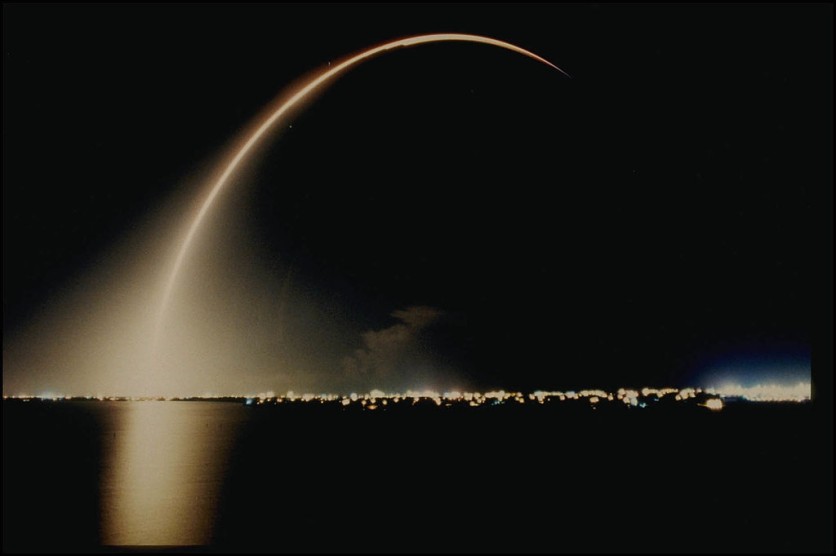The threats of space junk harming properties and humans have sparked action from NASA and the U.S. Congress with a new bill.
As reported first by Space.com, this move is likely to be motivated by the risks posed by massive satellites, which was evident in a Russian anti-satellite (ASAT) test in November of last year when it threatened the operations of the International Space Station (ISS).

A bipartisan bill filed to Congress on September 13 aims to deal with the space debris issue. US Senator Maria Cantwell, the head of the Senate Committee on Commerce, Science, and Transportation, is in charge of the Orbital Sustainability (ORBITS) Act.
"This bill will jumpstart the technology development needed to remove the most dangerous junk before it knocks out a satellite, crashes into a NASA mission, or falls to the ground and hurts someone," Cantwell said in a statement regarding the legislation.
If passed, the legislation would concentrate on the creation of a market for debris removal services as well as the research and demonstration of debris removal technologies.
NASA-Funded Projects
On September 13, NASA revealed that it had sponsored three programs aimed at addressing orbital debris. The initiatives, which are likewise in their early stages, aim to quantify the economic and societal issues brought on by space junk.
The three projects are the following:
1. Adaptive Space Governance and Decision-Support using Source-Sink Evolutionary Environmental Models - This was proposed by Richard Linares and Danielle Wood of the Massachusetts Institute of Technology and Moriba Jah of the University of Texas-Austin.
2. An Integrated Assessment Model for Satellite Constellations and Orbital Debris - this was proposed by Akhil Rao of Middlebury College, Daniel Kaffine of the University of Colorado-Boulder, and Brian Weeden of the Secure World Foundation.
3. Communication and Space Debris: Connecting with Public Knowledges and Identities - proposed by Patrice Kohl, Sergio Alvarez, and Philip Metzger of the University of Central Florida.
Can Space Junk Kill Someone?
The likelihood of fatalities from falling rocket debris over the next ten years has been calculated by a recent study that was published in Nature Astronomy.
The authors calculated the locations of rocket debris and other space junk when they fall back to Earth using mathematical modeling of rocket part inclinations and orbits in space and population density below them, as well as 30 years' worth of satellite data.
The researchers found slight but significant harm from space junk falling back to Earth in the next ten years. However, this is more likely to occur in southern latitudes instead of northern ones.
According to the study, rocket bodies are about three times more likely to crash at the latitudes of Dhaka, Bangladesh, Jakarta in Indonesia, or Lagos in Nigeria than in the US's New York, Russia's Moscow, and China's Beijing.
The authors also estimated the risk to human life over the following ten years due to uncontrolled rocket reentries as a "casualty expectation."
According to the researchers, there is a 10% chance that rocket debris will lethally hit someone on Earth. But at the same time, they said that it is still a conservative estimate.
This article is owned by Tech Times
Written by Joaquin Victor Tacla
ⓒ 2026 TECHTIMES.com All rights reserved. Do not reproduce without permission.




